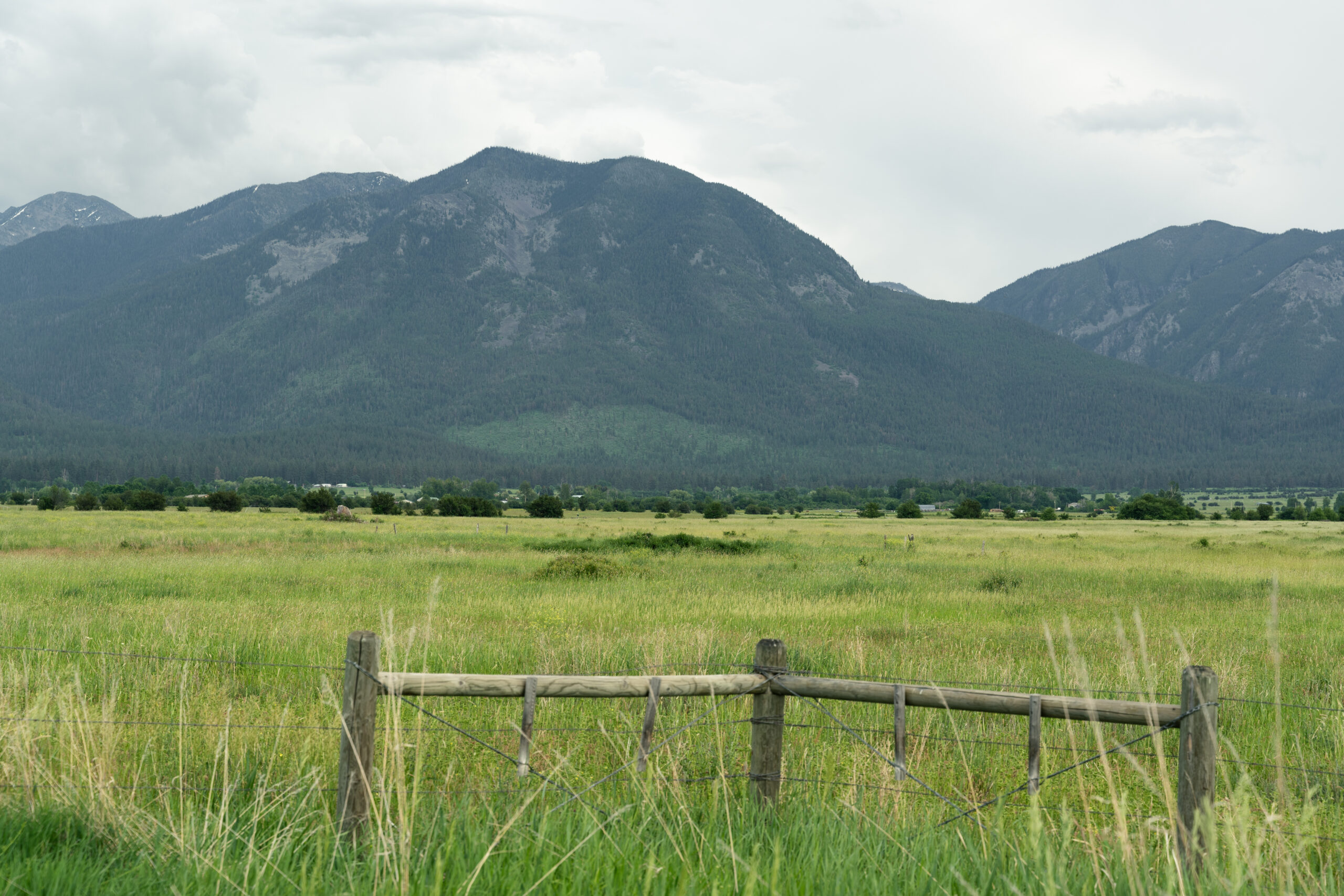
Economic Development is actively engaged in assessing tourism opportunities, economic development and business opportunities for the Tribes and Tribal Members, while assessing the financial feasibility of development projects across the Reservation. The core focus for the team is doing the financial evaluation of business opportunities and presenting this to Council for action.

Our Work
The Economic Development office is the primary conduit when outside partners reach out to the Tribes to collaborate, and need to connect with the right internal tribal department for further engagement. Economic Development employees collaborate on the Property Management Team, informing on opportunities to bring highest best use decisions to Council for action, while also determining potential opportunities for the Council to consider as they assess needs to the resources available.
Grants applications that complement and support initiatives of the Tribes are also part of the Economic Development Team focus.
Economic Development staff collaborate with Indian Preference Office to align current Tribal Member owned businesses with opportunities that come to the Tribes and directing Members to S&K Business Services to develop a business plan.
Additionally, the Economic Development staff areworking with the Salish Kootenai College to develop educational opportunities for Members to learn skills and trades that will position the next generation of Tribal Members to earn a meaningful living.
With Executive Team oversight, the Economic Development staff continue to explore business development opportunities including researching and procuring resources for climate change adaptation.
Staff assist with business development proposals on a routine basis. The vetting process often requires in-depth feasibility analysis and formal business plans. This information is factored into Tribal Council direction on potential projects. The staff then seeks funding to leverage with Tribal capital. Tribal values, environmental standards, along with project viability and sustainability, are factors that determine a sound rate of return for Tribal investments.

FY2026 OICED Programs
For your information: FY2026 OICED Programs https://commerce.mt.gov/Business/Indian-Country/
*NOTE: All grant guidelines undergo legal review annually before they are published to the public, due to be finalized by 7/31/25.
All dates are tentative and subject to change. Information on website will be updated ahead of next grant cycles opening.
Once guidelines are approved, more details will be shared.
Here are our points of contact for each program:
- IEF & NABA programs to Bryan Singer, Native Entrepreneur Development Specialist, bryan.singer@mt.gov, 406-422-8947
- TBDG & OICED programs to TJ Altekruse, OICED Program Manager, tj.altekruse@mt.gov, 406-594-8492
- Tribal Tourism programs to Rachelle Brown, Tribal Tourism Officer, rachelle.brown@mt.gov 406-841-2734 office or 406-558-9274 cell/text
- STED Commission program to Marilyn Willson, Tribal Economic Development Specialist, marilyn.willson@mt.gov, 406-841-2754 office or 406-417-1477 cell
- NACS to Olivia Kettenring Business Development Manager, Olivia.kettenring@mt.gov, 406-841-2737
- Pilot Community Tourism Grant Program (PCTGP) with Office of Tourism, Rachel Mullen, Tourism Grant Specialist, Rachel.mullen@mt.gov, 406-841-2873
- Tourism Event Grants and Agritourism Grant Program with Office of Tourism, Susan Joy, susan.joy@.mt.gov, 406-
- Made in Montana Program (position vacant, see below)
Positions vacant and hiring at Commerce:
Director’s Office
Destination MT
Community MT
Housing MT
Business MT
